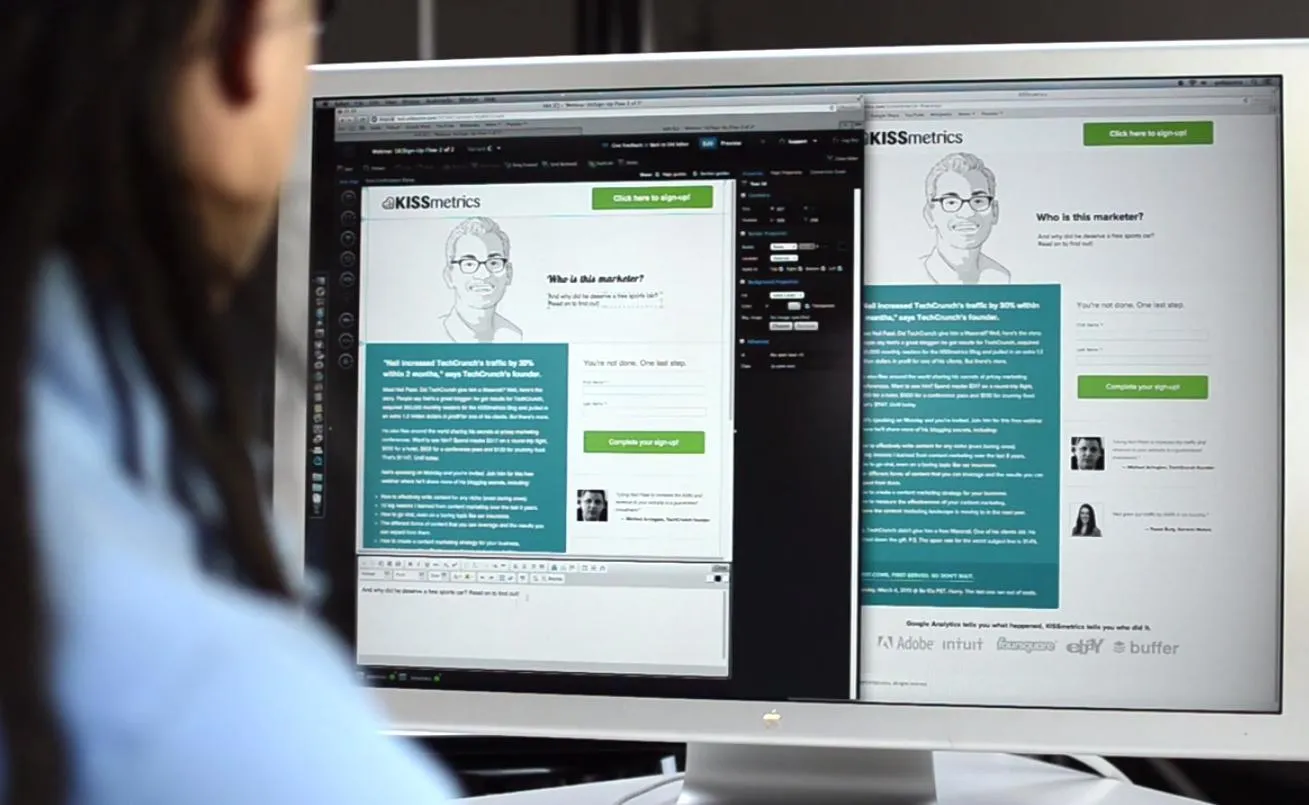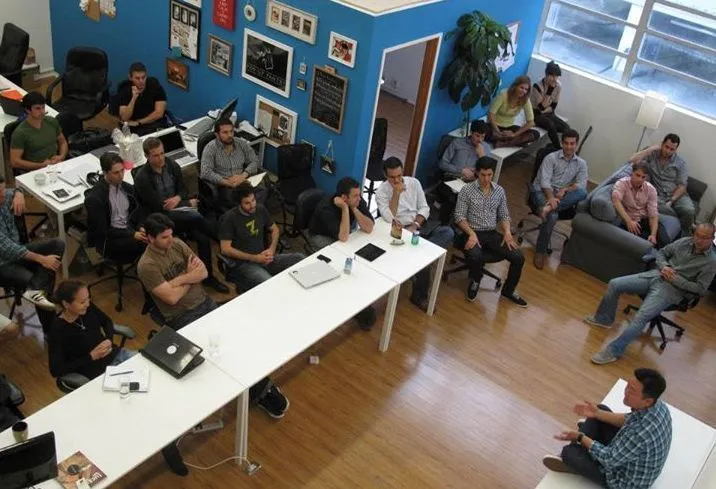In the fast-paced world of eCommerce, the journey from an idea to a market-ready product can be daunting. However, with the right tools and strategies, entrepreneurs can streamline their processes. One such entrepreneur successfully prototyped their product using ''Zapier'', a powerful automation tool that integrates various applications and services. This article will explore how this entrepreneur leveraged ''Zapier'' to create a prototype, focusing on the steps taken and the benefits realized.
The Importance of Prototyping in eCommerce
Prototyping is a crucial step in the product development cycle, especially in the eCommerce sector. It allows entrepreneurs to visualize their product, test functionalities, and gather feedback before launching. This can save time and resources, ensuring that the final product aligns with market needs. By utilizing ''Zapier'', our featured entrepreneur was able to create a prototype that was not only functional but also efficient.
How to Use Zapier for Prototyping
Zapier acts as a bridge between different applications, allowing users to automate workflows without any coding knowledge. Here’s how the entrepreneur used ''Zapier'' to prototype their product:
| Step | Action | Tools Used |
|---|---|---|
| 1 | Define the Product Concept | Google Docs, Mind Mapping Tools |
| 2 | Create a Workflow | Zapier |
| 3 | Integrate Feedback Channels | Typeform, Slack |
| 4 | Test the Prototype | Google Sheets, Zapier |
| 5 | Iterate Based on Feedback | Zapier, Survey Tools |
Step-by-Step Breakdown
Let’s delve deeper into each step the entrepreneur took to successfully prototype their product using ''Zapier''.
1. Define the Product Concept
The first step was to clearly outline the product concept. The entrepreneur utilized ''Google Docs'' and mind mapping tools to brainstorm ideas and define the target audience. This phase was essential for setting a solid foundation for the prototype.
2. Create a Workflow
Once the concept was established, the next step involved creating a workflow. Using ''Zapier'', the entrepreneur connected various applications to automate processes. For instance, integrating ''eCommerce platforms'' with email marketing tools allowed for seamless communication with potential customers.
3. Integrate Feedback Channels
Feedback is vital in the prototyping phase. The entrepreneur set up feedback channels using ''Typeform'' to gather insights from users. By connecting ''Typeform'' with ''Slack'' through ''Zapier'', they received instant notifications whenever a new response was submitted. This real-time feedback loop was instrumental in refining the prototype.
4. Test the Prototype
Testing the prototype was another critical step. The entrepreneur created a testing environment using ''Google Sheets'' to track metrics and responses. By automating data collection through ''Zapier'', they were able to analyze user interactions efficiently, allowing for data-driven decisions.
5. Iterate Based on Feedback
After gathering feedback, the entrepreneur utilized ''Zapier'' to streamline the iteration process. Automated surveys were sent to users, gathering further insights to enhance the product. This iterative approach ensured that the prototype evolved in line with customer expectations.
Benefits of Using Zapier for Prototyping
By using ''Zapier'' in the prototyping phase, the entrepreneur enjoyed several benefits:
- Time Savings: Automating repetitive tasks allowed the entrepreneur to focus on more critical aspects of product development.
- Cost-Effectiveness: Reducing the need for extensive coding or hiring developers saved on costs.
- Flexibility: The ability to quickly modify workflows and integrate new tools made it easier to adapt to changing requirements.
- Enhanced Collaboration: By connecting various tools, the entrepreneur improved collaboration with team members and stakeholders.
Conclusion
Prototyping is a vital part of the eCommerce journey, and leveraging tools like ''Zapier'' can significantly enhance this process. The entrepreneur's experience illustrates how automation can streamline workflows, facilitate feedback gathering, and ultimately lead to a more successful product launch. For those looking to prototype their products, utilizing ''Zapier'' can be a game-changer, making the journey from idea to reality smoother and more efficient.





